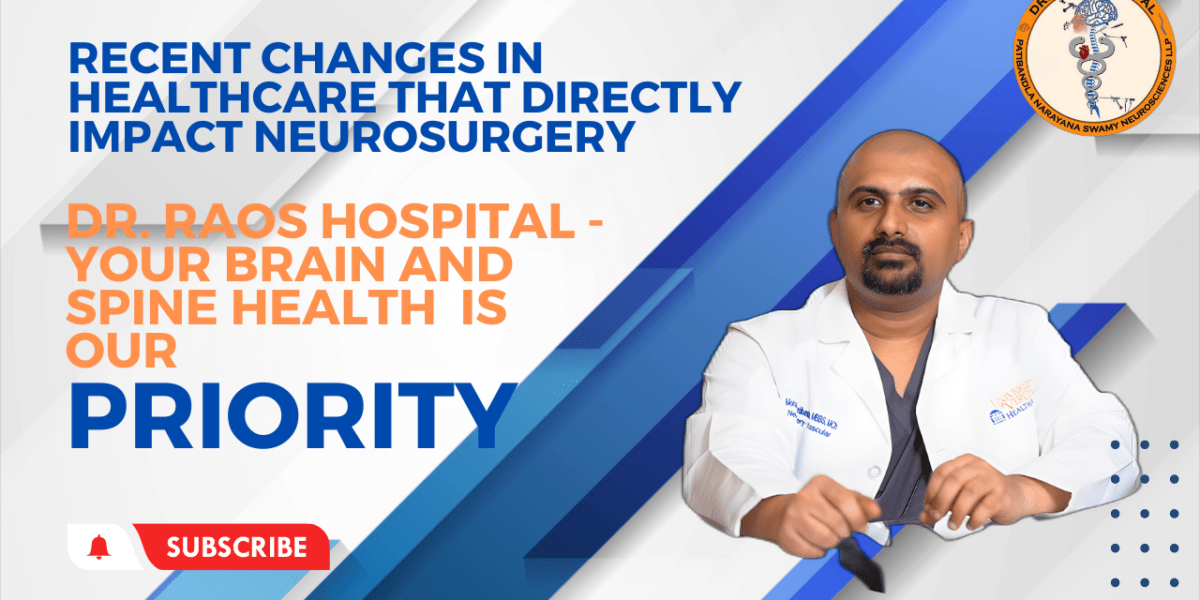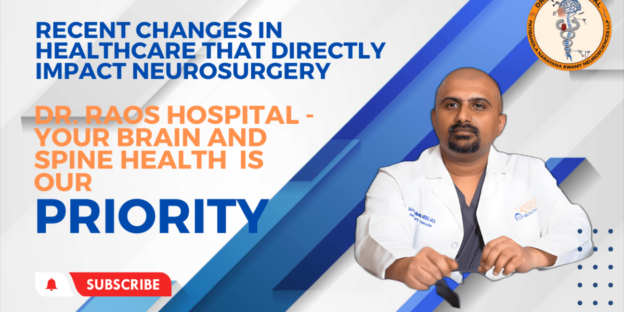Recent Changes in Healthcare that Directly Impact Neurosurgery
Recent Changes in Healthcare that Directly Impact Neurosurgery
Neurosurgery is a complex and challenging field of medicine, and the recent changes in healthcare have significantly impacted how neurosurgeons practice. Some of the most significant changes include:
The increasing use of minimally invasive techniques:
Minimally invasive techniques, such as keyhole surgery and stereotactic radiosurgery, have become increasingly popular in neurosurgery. These techniques offer several advantages over traditional open surgery, including less pain, shorter recovery times, and more minor scars.
The development of new imaging technologies:
New imaging technologies, such as magnetic resonance imaging (MRI) and computed tomography (CT), have revolutionized how neurosurgeons diagnose and treat brain and spine disorders. These technologies allow neurosurgeons to visualize the brain and spine in great detail, which can help them to make more accurate diagnoses and plan more effective treatments.
The rise of personalized medicine:
Personalized medicine is an emerging field that considers a patient’s genetic makeup when making treatment decisions. This approach is becoming increasingly crucial in neurosurgery, as it can help identify patients most likely to benefit from specific treatments.
Dr. Rao is one of the leading neurosurgeons in India and is at the forefront of many of these changes. He is a pioneer in using minimally invasive techniques, and he has helped develop new imaging technologies used in neurosurgery. Dr. Rao is also a strong advocate for personalized medicine, and he is working to make this approach more widely available to patients.
These are just some of the recent changes in healthcare that have had a direct impact on neurosurgery. As these changes evolve, neurosurgeons must adapt their practices to provide the best possible care for their patients.
How Dr. Rao is Helping to Shape the Future of Neurosurgery
Dr. Rao is a leading neurosurgeon helping shape the future of neurosurgery. He is a pioneer in the use of minimally invasive techniques, and he is also a strong advocate for personalized medicine. Dr. Rao is committed to providing the best possible care for his patients and always looking for new ways to improve the lives of people with brain and spine disorders.
Here are some of the ways that Dr. Rao is helping to shape the future of neurosurgery:
- He is developing new minimally invasive techniques that can be used to treat a broader range of brain and spine disorders.
- He is working to make personalized medicine more widely available to patients.
- He is conducting research into new treatments for brain and spine disorders.
- He is training the next generation of neurosurgeons.
Dr. Rao’s work is helping to make neurosurgery a more precise, effective, and personalized field of medicine. He is a true pioneer in the field and makes a real difference in the lives of people with brain and spine disorders.
Conclusion
The recent changes in healthcare have had a significant impact on neurosurgery. These changes have led to the development of new minimally invasive techniques, new imaging technologies, and personalized medicine. Dr. Rao is a leading neurosurgeon helping shape the future of neurosurgery. He is a pioneer in the use of minimally invasive techniques, and he is also a strong advocate for personalized medicine. Dr. Rao’s work is helping to make neurosurgery a more precise, effective, and personalized field of medicine.


